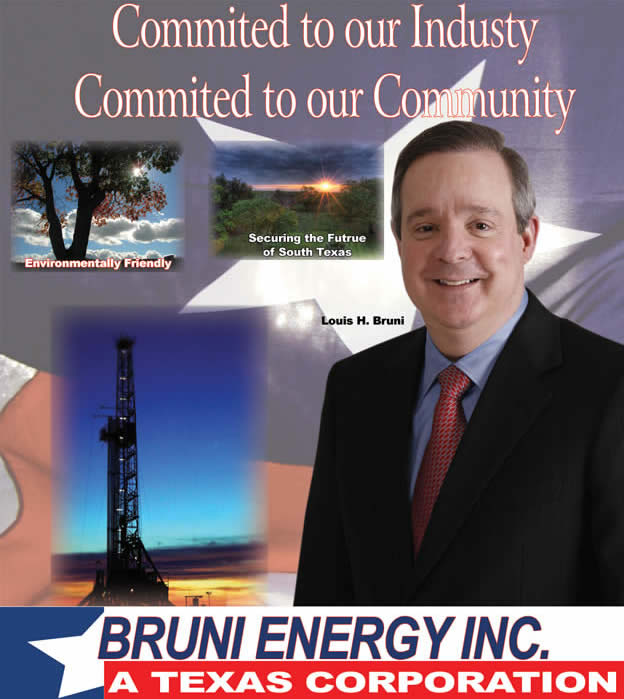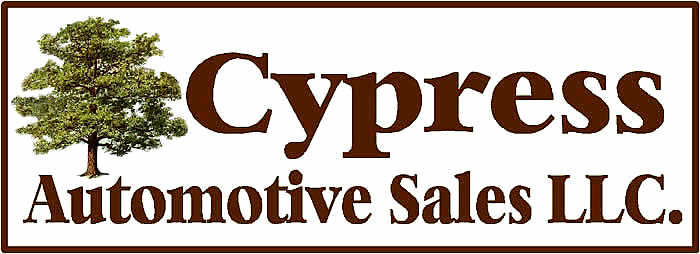TxDOT Observes National Work Zone Awareness Week
“Drive to Survive – Our Future is Riding on it!”
AUSTIN– For many motorists, the first word that comes to mind when encountering a highway construction work zone is delay. The word that should come to mind is caution.
Each April, the Texas Department of Transportation (TxDOT) joins with the Federal Highway Administration (FHWA), national transportation associations and numerous other state DOTs for National Work Zone Awareness Week (NWZAW) to remember victims and to raise awareness of safety precautions for workers and motorists in work zones. This year, NWZAW will be observed April 6-10, 2009 and will commemorate the 10th anniversary of the campaign.
Work zones can be hazardous for motorists as well as highway crews working to improve Texas’ highways. TxDOT maintains approximately 80,000 miles of highway with more than 1,000 construction or maintenance projects underway at any given time. With so much construction, it is all too common for motorists to encounter work zones.
- Nationally, there are over 800 fatalities and 40,000 injuries in work zone-related crashes each year.
- In Texas, nearly 150 people are killed annually in highway construction and maintenance zones.
- More than four out of every five work zone fatalities are motorists traveling through the work zone.
- Speeding and inattention are the most common causes of work zone crashes, and one in three work zone crashes is a rear-end collision.
“We want all individuals to take extra care when working in or traveling through work zones,” said Fred Underwood, Texas Transportation Commissioner. “By creating this awareness, we are empowering people with the knowledge of how they can help protect and save lives. As a result, we hope to reduce the number of fatalities that occur in work zones.”
Underwood said everyone should take responsibility for work zone safety, from engineers and planners to drivers and pedestrians.
|








